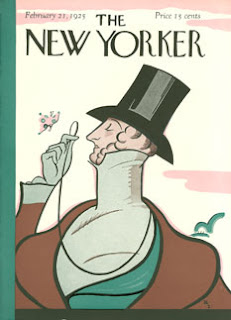On establishing a writing routine:
Tobias: Write every day. Everything else is secondary, even the health of family and the status of relationships. Period.
Paul: Reward yourself! I don’t know if
holding out the lure of cake really gets me to write more, but at least I get
cake!
Deanna: Write 2-3 stream-of-consciousness
pages daily to fight Writer’s Block, to alleviate Fear of the Blank Page, and
to stretch the Write-Brain muscles.
Jen: Write every day. No
excuses. Even if it's just a couple of sentence fragments scribbled on the back
of an envelope while you're making dinner or changing a diaper or folding
laundry. It all counts.
On approaching a topic:
Melanie: I use the funnel to narrow my ideas
from general/broad to specific/focused. Readers need background details (my
topic’s introduction) earlier in my paper. That introduction gives readers
context to understand the more specific issues I want to raise later in my
essay. I use the funnel for research, too. I begin with broad library
searches and then narrow them with specific keywords as I learn more about my
topic.
Rachel: Write without fear. While I received
this advice when I was tackling creative topics (inevitably there are taboos
that come up in certain writing environments), I think this is applicable to
scholarly writing as well. Sometimes writers are afraid to step out, to risk
vulnerability or depth. It is much simpler to skim the surface of a topic, but
truth and depth are what make up the nature of good writing.
On choosing words:
Brian: Why
are you writing like you know what those words mean? [My freshman comp instructor referencing
my poor attempt at an inflated and unnecessary vocabulary.]
Nathan: Quit
showing off! – Multiple professors. If there’s a single value that I took
away from being an English major, it is that writing needs to have a purpose
(to educate, to entertain, or other) that supersedes the demands of style. Back
in school, I used to think I was a pretty good writer, but all I was really
good at was sounding clever and smart, and my ideas suffered as a result. My
professors at school taught me to hone my style to a bare minimum and eliminate
all those superfluous rhetorical gestures I had wrongfully associated with
“writing skill.” Today I know the purpose of good writing is to be clear and
compelling to the reader, not flattering to the writer’s ego. When writing
creatively, I try to ask myself this question: Can I make this sentence or idea even simpler? The answer is often yes.
On revising:
Amy: Revise. It is not a novel idea,
but it is definitely the most helpful part of the writing process for me. I
used to become paralyzed with fear when confronted with a blank page, so my way
of getting over that is to vomit words onto the page. The revision process
is where I do my best work. I clean up and clarify my thoughts, organization,
and grammar.
Sarah: Always have a second set of eyes
read over important writing drafts. That second pair of eyes always finds
mistakes or clarity issues that seem to make perfect sense in my own mind.






